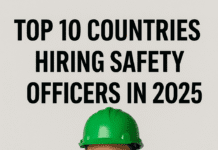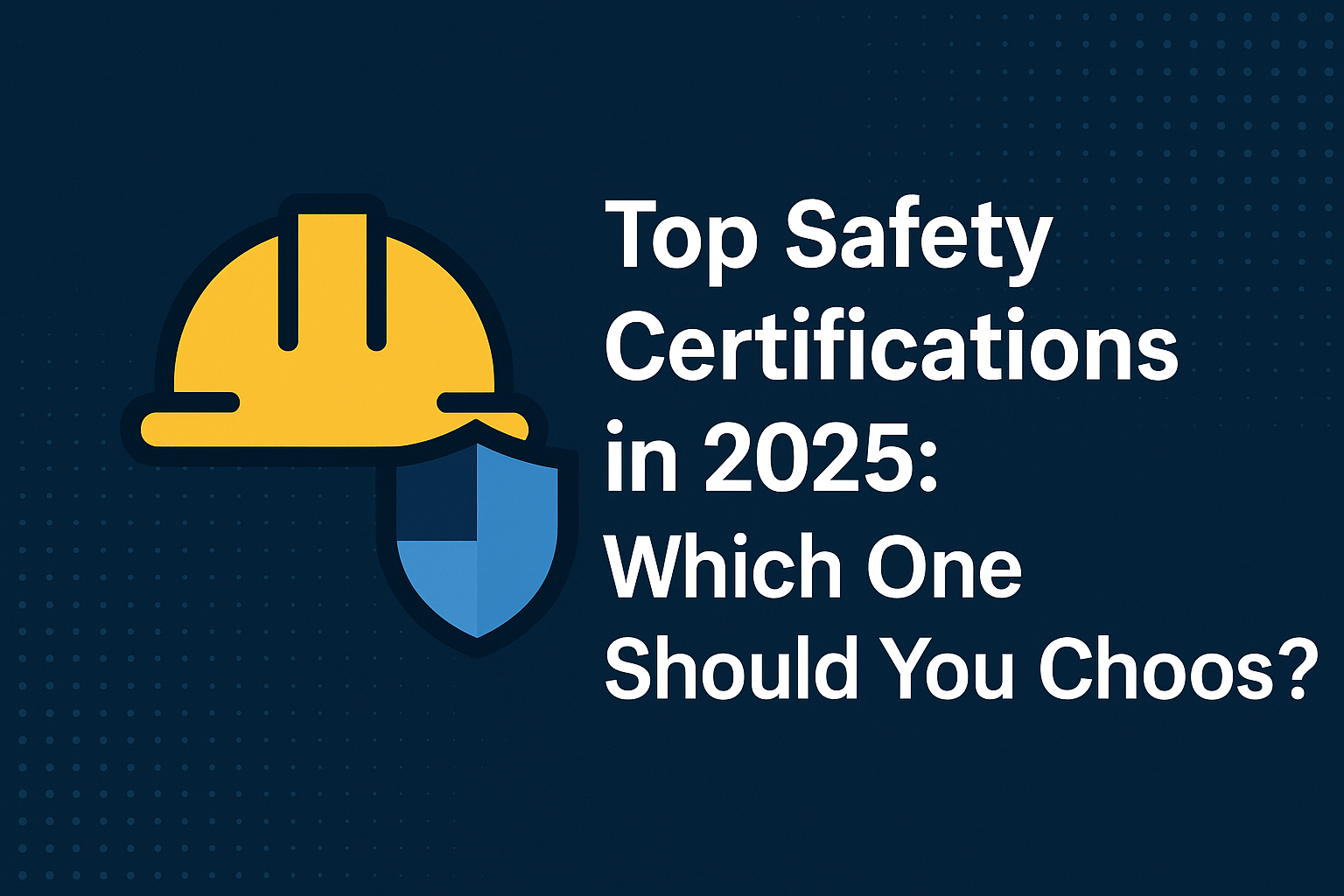
Safety Officer Job Description: Ensuring Workplace Safety
Safety Officer Job Description : In today’s fast-paced world, the importance of safety in the workplace cannot be overstated. Employers are not only responsible for providing a conducive work environment but also for adhering to various safety regulations and standards. This is where a Safety Officer steps in. In this comprehensive guide, we will delve into the role of a Safety Officer, their responsibilities, qualifications, and the impact they have on workplace safety.
1. Introduction to the Role of a Safety Officer
A Safety Officer plays a pivotal role in ensuring the safety and well-being of employees within an organization. They are responsible for developing, implementing, and monitoring safety protocols, making workplaces secure environments for all.
2. Key Responsibilities of a Safety Officer
Safety Officers have a wide range of responsibilities, including:
2.1. Identifying Hazards
Safety Officers conduct thorough assessments to identify potential workplace hazards and risks.
2.2. Risk Assessment
They analyze risks associated with various job tasks and develop strategies to mitigate them.
2.3. Safety Training
Safety Officers organize training sessions to educate employees on safety procedures.
2.4. Incident Investigation
In the event of an accident, they lead investigations to determine the cause and prevent recurrence.
3. Qualifications and Skills Required
To excel in this role, Safety Officers typically possess:
3.1. Education
A degree in occupational health and safety or a related field is often required.
3.2. Certification
Many Safety Officers hold certifications like Certified Safety Professional (CSP) or Occupational Health and Safety Technologist (OHST).
3.3. Attention to Detail
Being meticulous is crucial when identifying potential hazards.
4. The Importance of Workplace Safety
Workplace safety is not just about compliance; it’s about protecting employees’ lives and well-being.
5. Safety Officer’s Role in Accident Prevention
Safety Officers actively work towards preventing workplace accidents.
6. Implementing Safety Policies and Procedures
They develop and implement safety policies tailored to the organization’s needs.
7. Safety Inspections and Audits
Regular inspections ensure that safety measures are followed.
8. Emergency Response Planning
Safety Officers develop emergency response plans to address various contingencies.
9. Training and Education
Educating employees on safety practices is a core responsibility.
10. Communication Skills
Effective communication is essential to convey safety instructions clearly.
11. Legal Compliance
Safety Officers ensure the organization complies with all safety-related laws and regulations.
12. Reporting and Documentation
Accurate record-keeping is vital to track safety improvements and incidents.
13. Career Growth Opportunities
Discover the avenues for advancing your career as a Safety Officer.
Conclusion
Safety Officers are unsung heroes who work diligently to create safe workplaces. Their dedication to reducing risks and preventing accidents contributes significantly to the well-being of employees and the overall success of organizations.
HSE Officer Job Vacancy in Oman
QHSE Officer Job Vacancy in KSA: Maintenance Company
Safety Officer Urgent Requirement for Kuwait: Shutdown Project
Government Job: Safety Officer Job Vacancy in Las Vegas, United States – Salary $34.35 $53.28 Hourly
Safety Officer Job Vacancy in United States: Apply Now
FAQs (Frequently Asked Questions)
1. What is the primary goal of a Safety Officer?
- The primary goal is to ensure the safety of employees by identifying and mitigating workplace hazards.
2. How can I become a Safety Officer?
- You can start by pursuing a relevant degree and obtaining certifications in occupational health and safety.
3. Are Safety Officers only needed in industrial settings?
- No, Safety Officers are essential in all workplaces where safety is a concern, including offices and healthcare facilities.
4. What are the consequences of neglecting workplace safety?
- Neglecting workplace safety can result in accidents, injuries, legal issues, and damage to an organization’s reputation.
5. How does a Safety Officer contribute to a company’s success?
- By ensuring a safe work environment, Safety Officers enhance employee morale, productivity, and overall organizational efficiency.
























